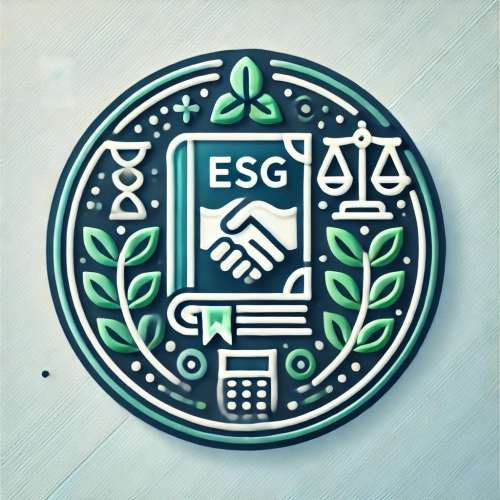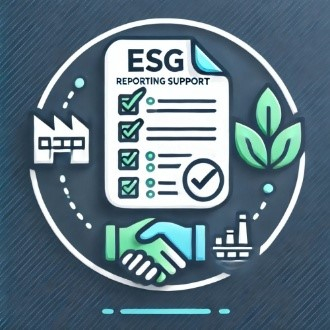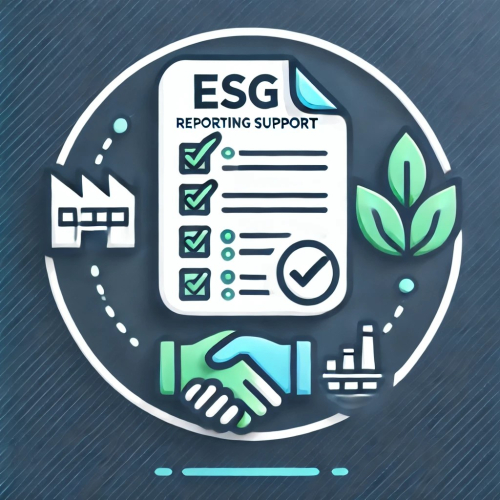Environment (E), social aspects (S), and governance (G) have become global issues over the recent years.
Adoption of Directive 2014/95/EU of the European Parliament and of the Council as regards disclosure of non-financial and diversity information by certain large undertakings and groups (NFRD) can be seen as the first significant step of the European Union in the ESG field. This directive required certain major enterprises to disclose non-financial information from the ESG area.
Over time, requirements for undertakings’ transparency in this field had grown, this trend being ended up by the adoption of Directive (EU) 2022/2464 of the European Parliament and of the Council as regards corporate sustainability reporting (CSRD), which extended the duty to report sustainability information to a substantially wider range of enterprises. In addition to this, the CSRD directive standardised the required information’s content and requires that the sustainability report be included in annual reports.
The sustainability report is of key importance not only in meeting legislative requirements, but also in providing for transparency and in preserving enterprises’ reputation in the market.
Audit Services
An audit’s purpose is to independently assess whether all disclosed information is accurate, complete and in compliance with effective standards such as the European Sustainability Reporting Standards (ESRS).

Review of the sustainability report by an auditor
Review of the sustainability report by an auditor is required by Act No. 563/1991 Coll., on Accounting, and is a key step in providing for non-financial reporting’s reliability and transparency.
Consultation Services
In terms of the ESG (environmental, social and governance aspects), these services play a key role in supporting undertakings in meeting increasing requirements for sustainability and transparency. Expert consultants assist organisations in identifying both risks and opportunities in connection with the ESG factors and in getting ready for the reporting in compliance with the European Sustainability Reporting Standards (ESRS). The consultation services also include support in analysing double materiality and setting up data collection, and in getting ready for an external audit. The consultation partnership helps firms to not only meet regulatory requirements, but also to enhance their reputation and competitiveness in the market.

Confirmation of the CSRD duty (SCOPE)
Confirmation of the CSRD duty (SCOPE) contains an analysis of the companies’ duty to prepare a sustainability report primarily under Act No. 563/1991 Coll., on Accounting.

Double Materiality Assessment (DMA)
Double Materiality Assessment (DMA) pursuant to the ESRS helps companies to determine sustainability aspects that are relevant to them and their stakeholders.

GAP Analysis
The CSRD/ESRS Gap Analysis will assist you in finding out how sustainability requirements are being met by your organisation in compliance with the CSRD Directive and the ESRS standards.

Individualised ESG Advisory for the Preparation of a Sustainability Report Pursuant to the CSRD/ESRS
Our service Individualised ESG Advisory is intended for companies in need for professional support in preparing the sustainability report.

ESG Reporting under the VSME Standards
The service ESG Reporting under the VSME Standards is intended for companies with an ambition to disclose sustainability information on a voluntary basis, or companies in search for a tool to help them provide sustainability information to banks, large corporations and other stakeholders in the future.

ESG Reporting Support for Vendors
The service ESG Reporting Support for Vendors is intended for suppliers who have to meet requirements for compliance with and reporting of environmental, social and governance (ESG) criteria by their customers. Read more…





































